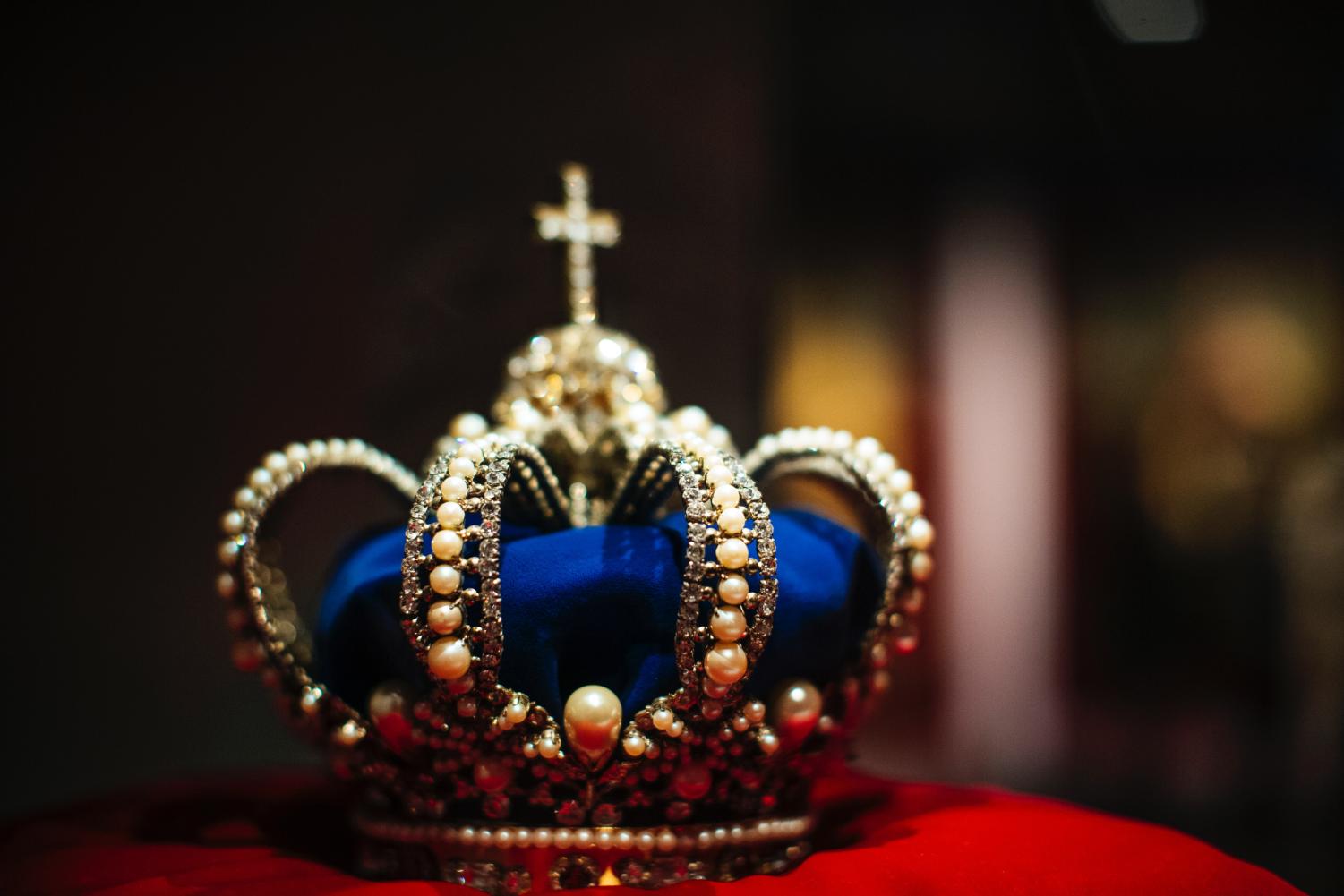While Queen Elizabeth’s stable reign and regal bearing won her respect throughout the United States and abroad, her ties to Britain’s colonial past raise complicated questions about her legacy as a world leader.
To President Biden, she was “a stateswoman of unmatched dignity and constancy.” To former president Bill Clinton, she was “a source of stability, serenity and strength.” And to former secretary of state Condoleeza Rice, Queen Elizabeth was “a steady hand, even throughout the most trying of times.”
A CONSTANT PRESENCE
The quintessential symbol of British royalty, Queen Elizabeth has long captivated the United States with her calm presence and stately demeanor. The queen’s 70 years on the throne have endeared her to generations who praised her stability in governance and eloquence in speech. In 2016, Netflix released the award-winning historical drama “The Crown” about the queen’s personal life and political duties, a blockbuster whose inside look at the glamor and complications of Queen Elizabeth’s life enchanted viewers.
The queen’s death inspired an outpouring of praise and grief from world leaders, ex-Londoners and Californians alike. While the United States did not experience a domestic government transition upon the queen’s death as Great Britain did, there was nevertheless a sense of loss when the monarch who reigned for seven decades passed away at Balmoral Castle on Sept. 8.
A COMPLEX LEGACY
Queen Elizabeth’s death not only sparked sympathy from around the world, it ignited a reckoning with her role in Britain’s colonial legacy. In a tweet, Uju Anya, a professor of second language acquisition at Carnegie Mellon University, expressed her “disdain for the monarch who supervised a government that sponsored the genocide that massacred and displaced half my family.”
For Moses Ochonu, a professor of African studies at Vanderbilt University, the queen’s legacy is complicated because of her role as both occupier and liberator of former British colonies. He wrestled with the complex interplay between the queen’s involvement in colonizing some African nations while also presiding over others’ struggle for independence.
“It’s her dual status as the face of colonialism, but also a symbol of decolonization that defines how she is perceived in many former British African colonies,” Ochonu said.
Junior intercultural studies major Sierra Christensen noted that Queen Elizabeth was in power during some of the most consequential events of the 20th century, including the Great Depression, the Second World War, the legalization of interracial marriage in the United States and the destruction of the Berlin Wall. Christensen said the queen saw some of humanity’s darkest moments and brightest days and that future generations should learn from her victories and failures.
“It’s easy to ridicule and blame her for the scars of the past, but she ruled under the toughest points of our history and learned from all of our mistakes,” Christensen said. “She’s flawed, yes. But all in all I think we ought to learn from her reign and from our history rather than to blame — what use is blame at this point?”












